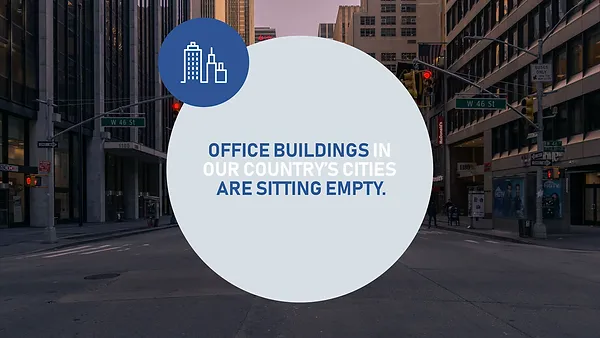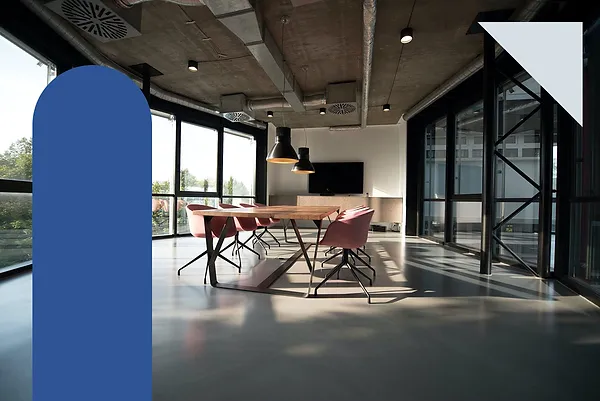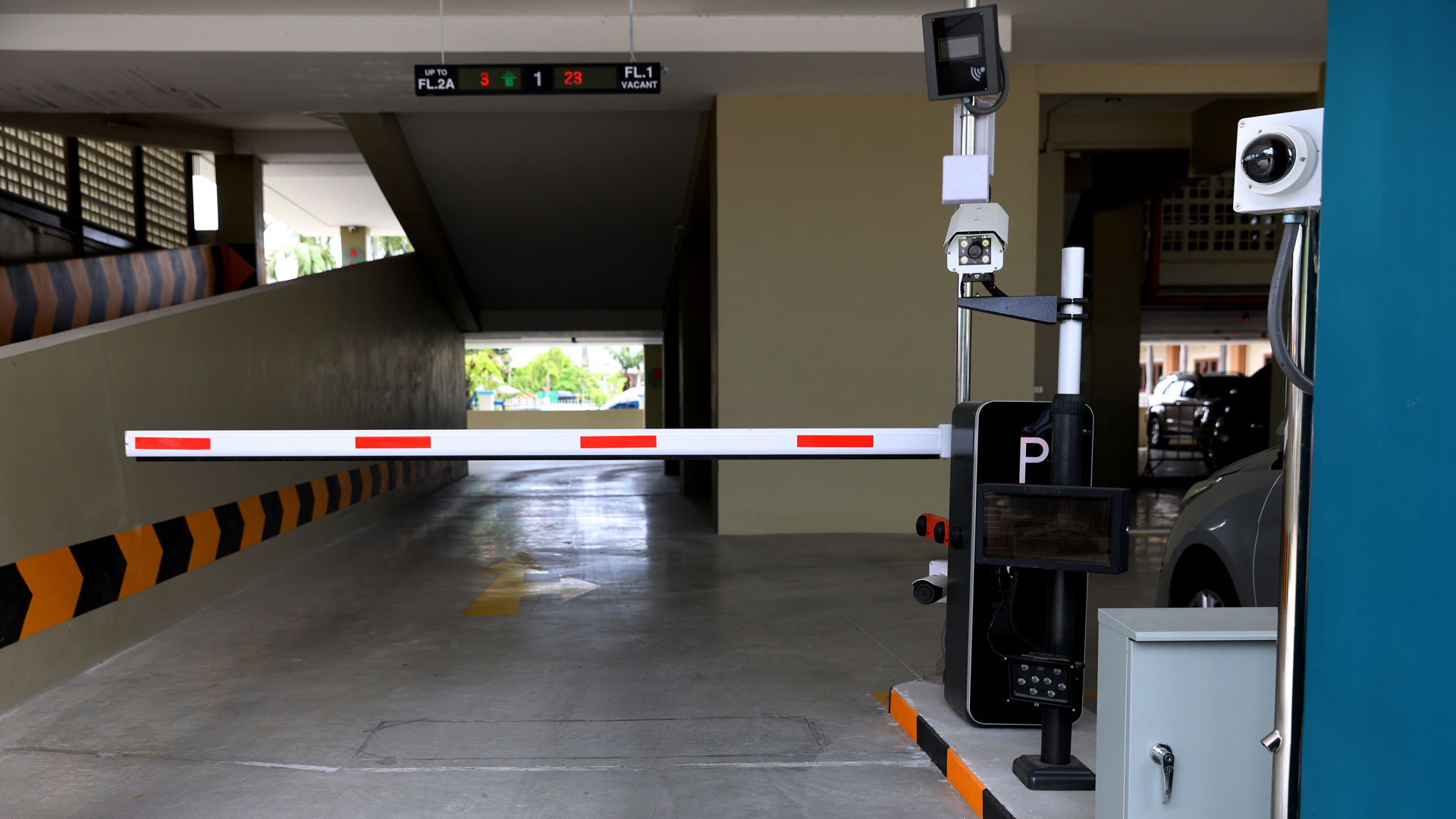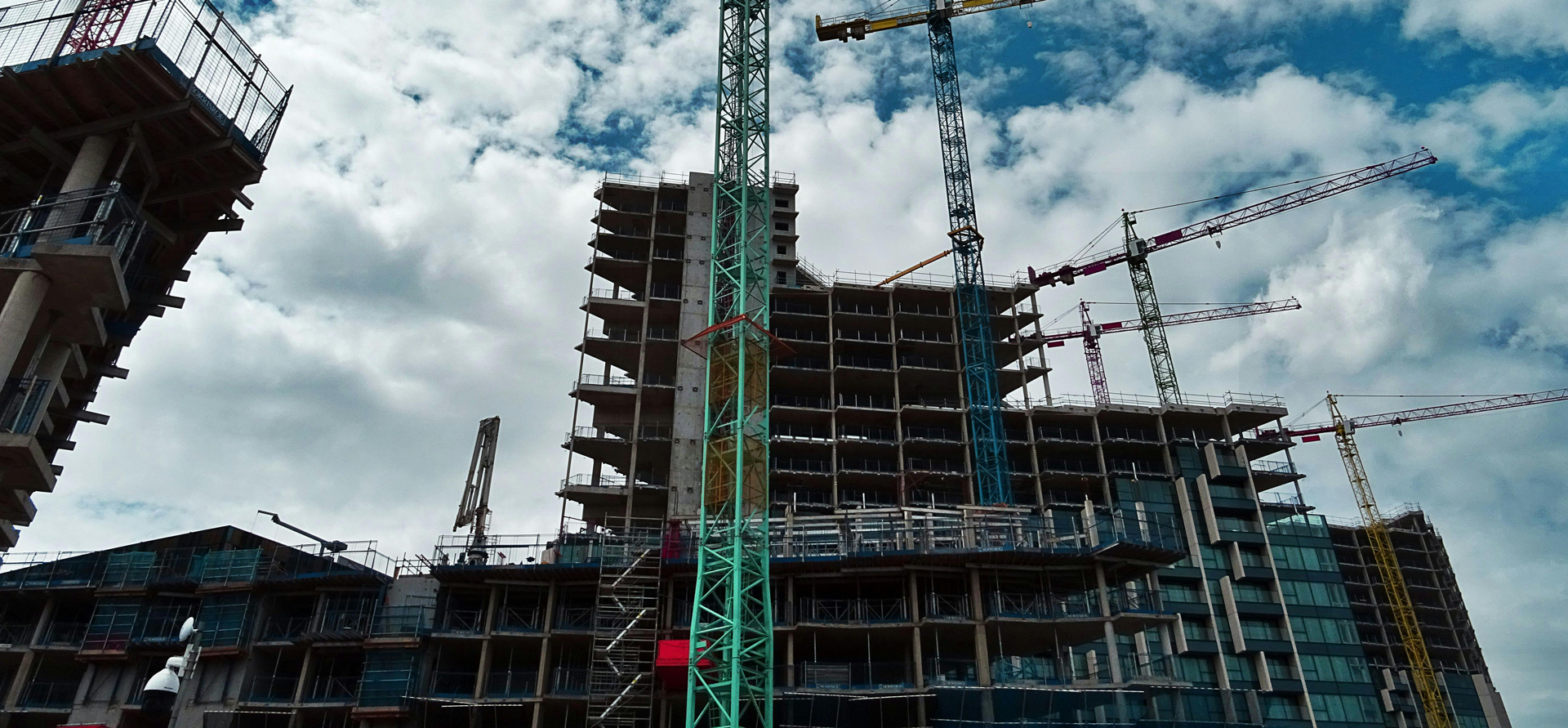
Emerging White Space: Office-To-Residential Conversions
Here at WhiteSpace, we’re passionate about emerging technologies and solutions in the commercial real estate industry. Our value and leadership within the unclear white space of CRE is unmatched:
We are experts in building technology design, implementation and enhancement. From a small improvement project to a comprehensive master plan, our team delivers for the scope of your project and assures that your building systems are functional, integrated and dynamic.
We plant our flag at the forefront of building technology innovation. And from our vantage point, there is an emerging white space that is becoming more and more difficult to ignore.

Office buildings in our country’s cities are sitting empty.
We didn’t realize how empty, until we came across some staggering facts reported by the Intelligencer:
- 29% of Americans were working from home in October 2022
- Meta has ditched 450,000 square feet of office space in New York
- Across the nation, only about 47% of offices are occupied
- An estimated 30% of all full-time workdays would be performed remotely by the end of 2022
- In virtually all major U.S. cities, foot traffic in central business districts is down substantially from 2019
We highly recommend reading the article. It’s titled: Remote Work Is Poised to Devastate America’s Cities
In order to survive, cities must let developers convert office buildings into housing.
In short, the article expounds on the dangers of leaving these once-occupied buildings empty. To simplify a very complex issue: fewer people mean lower taxes, which negatively impacts the quality of public services and could potentially lead to an increase in crime. Vacant office buildings could be the canary in the proverbial coal mine warning that the health of U.S. cities is at risk.
As of now, our cities are protected from these post-pandemic forces by government relief funds. But what happens when that dries up?
The article provides a solution: convert these office buildings into residential MDUs. Easier said than done, right?
Well, it’s possible, if all parties share the risk and benefit from the reward.
Through collaboration, developers and local governments can team up to navigate regulatory burdens through revenue-share models advantageous to all parties.
From the WhiteSpace perspective, this is where things get interesting.
An office-to-residential building conversion will require significant CAPEX investment to update. When allocated strategically, these dollars can be applied to emerging technologies that not only make the building attractive to potential tenants, but also provide revenue-streams for owners.

4 BUILDING TECHNOLOGY SOLUTIONS TO CONSIDER:
1.) CURATE BUILDING AMENITIES TO ATTRACT WORK-FROM-HOME RESIDENTS
It’s no secret that our workforce has migrated, en masse, to a WFH setting. Residents prefer flexibility, and many employers recognize the financial benefit. To attract this growing demographic of WFH employees, MDUs must prioritize their WFH lifestyle with useful amenities that, quite literally, will make their lives easier. These amenities include: meeting/collaboration rooms, small phone booths to take private calls, strong connectivity (which brings us to point two).
2.) STRONG & CONTIGUOUS CONNECTIVITY
Having a strong connection is no longer a benefit for a potential resident, it’s an expectation. And for WFH residents? It’s a deal breaker. Providing the best-in-show internet to an MDU means residents can access internet safely, securely and contiguously as they navigate the property. Deploying a Managed WiFi experience allows all residents to enjoy strong connectivity – from the parking garage, to the community areas, to their unit – without dead zones or re-entering a password. It’s our belief that Managed WiFi is the best internet solution for MDUs.
3.) CLOUD-BASED ACCESS CONTROL SOLUTION
From food deliveries to dog walkers, Amazon Prime deliveries, and friends stopping by, a seamless (and safe) access control strategy is critical for these high-rise office-to-MDU conversions. A curb-to-couch access control strategy allows each individual resident to easily and efficiently automate and manage all aspects of granting and revoking credentials from a cloud-based platform.
WhiteSpace VP Matt Pemberton is passionate about access control. Watch this video to learn what he has to say about defining the right access control strategy for your project.
4.) DIAL IN RESIDENT EXPERIENCE WITH SMART APARTMENT TECHNOLOGY
Deploying connected technology that not only improves resident experience but also raises the bottom line is critical for MDUs to compete in the competitive CRE industry. Smart technology is an IoT catch-all term that includes all sorts of technology assets – including sensors, smart door locks, and smart thermostats to name a few. We believe the long-term health of MDUs can be secured by designing a smart apartment experience within today’s budget that is poised for future growth and capable of integrating with emerging technologies.
It’s easy to be dazzled by the promise of new technology, but we believe not all that glitters is gold, and choosing the right technology today can impact your asset’s bottom line for years to come.
Recent blogs
4 Trends Reshaping Electronic Security (and Why They Matter to Owners)
The electronic security landscape is evolving fast, and if you haven’t looked closely in a while, you might be surprised by what’s changed. From cloud-based systems to smarter cameras, the next generation of access control and surveillance technology isn’t just more powerful – it’s more connected, efficient, and operationally intelligent. […]
Late-Stage Assistance: Turning Challenges into Wins
When most people think about engaging an owner’s representative for low voltage, they picture a long, steady partnership, years of planning, design, and coordination from day one. And that’s true for many of our projects. But sometimes, WhiteSpace gets called in late in the game. That’s exactly what happened on […]


